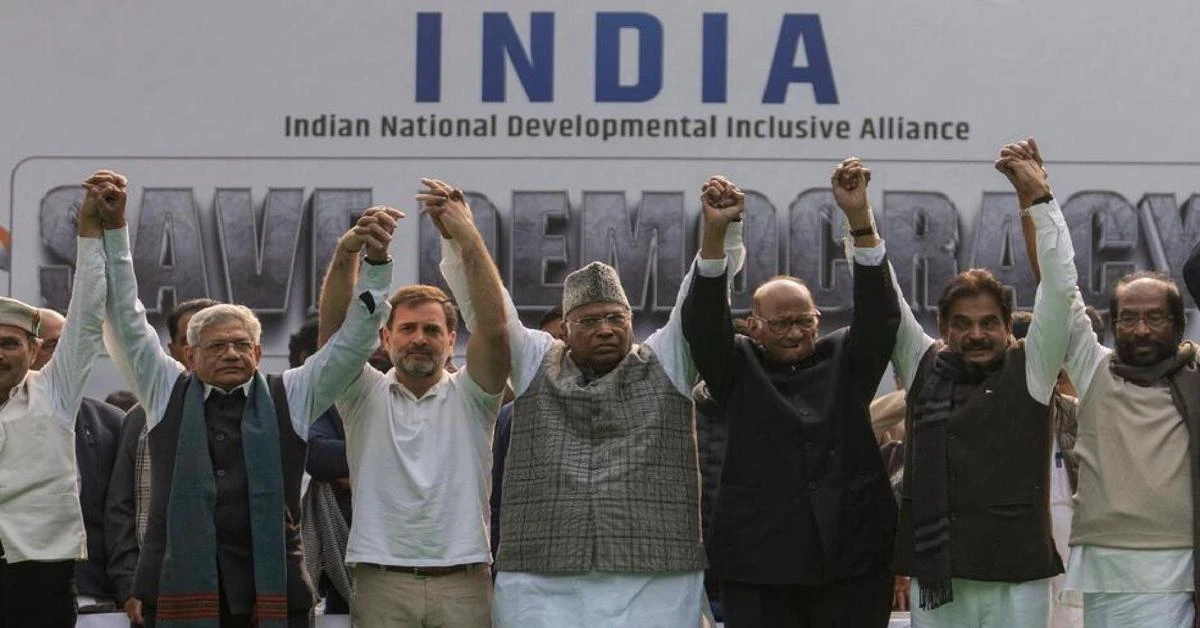Opposition alliance against Modi in India’s elections cracks

INDIA alliance, formed to defeat Modi and the BJP, is crumbling due to internal conflicts and ideological differences, analysts say
Last year, a coalition of over two dozen opposition parties in India united to challenge the popularity of Prime Minister Narendra Modi, who is considered one of the most favored leaders in recent times. However, this broad alliance, plagued by differing ideologies and interpersonal conflicts, is showing signs of strain at a critical juncture, just months before the nation’s upcoming national election.
INDIA alliance, established with the goal of ousting Modi and his Bharatiya Janata Party (BJP), is falling apart due to internal rivalries, political defections, and ideological clashes, according to analysts. Modi’s support has been bolstered following the inauguration of a Hindu temple in Ayodhya, contributing to the rise in his popularity and enhancing his chances of securing a third consecutive term as prime minister.
The unity front, spearheaded by the Indian National Congress party, which was once dominant in Indian politics, comprises powerful regional parties that are direct competitors in various states. As the election draws near, their differences have only intensified, further solidifying Modi’s position. The opposition’s disarray is evident, with internal disagreements hindering discussions on seat-sharing within the alliance.
The Congress party’s insistence on fielding candidates in a majority of constituencies, even in regions where it lacks support, has led key alliance partners in West Bengal and Punjab to announce their intent to contest independently. The opposition aims to consolidate the fragmented vote by nominating a single primary candidate in each constituency to challenge the BJP in the upcoming elections, scheduled for April and May.
The recent defection of Bihar’s Chief Minister Nitish Kumar, a key figure in the INDIA alliance, to Modi’s party has dealt a significant blow to the opposition’s prospects. Modi’s party has strategically exploited divisions within the opposition by engineering defections and weakening their support base, as noted by political analyst Gilles Verniers. The failure of the opposition to establish a cohesive narrative and find common ground has played into Modi’s hands, allowing him to capitalize on the disarray within the alliance.
The Congress party’s struggle to remain relevant and connect with voters, coupled with Modi’s outsider image and religious-political narrative, have further tilted the political landscape in favor of the ruling party. Despite efforts by the opposition to highlight issues such as unemployment and economic discontent, they have struggled to resonate with the electorate, raising concerns about their ability to mount a successful challenge against the BJP. The BJP’s strong determination and organizational prowess, contrasted with the opposition’s lack of unity and vigor, suggest that Modi is well-positioned to secure a comfortable victory in the upcoming elections, unless a significant popular uprising occurs due to economic hardships.
Source: AP



